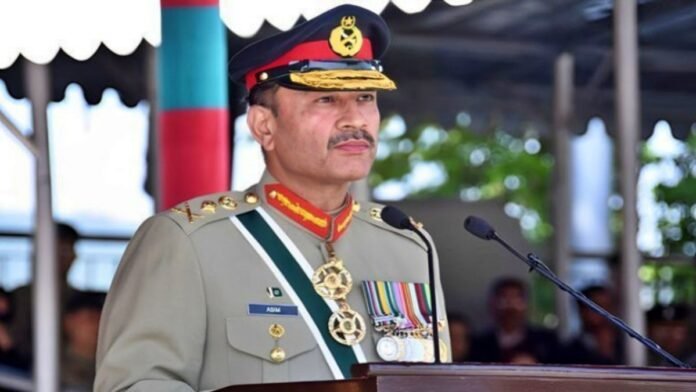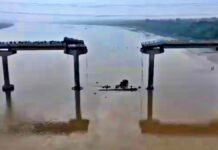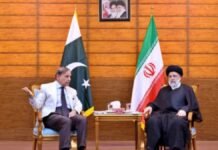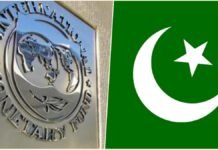
Key Points
- Pakistan launched drone and missile attacks on Indian border cities in Jammu & Kashmir, Punjab, and Rajasthan on Thursday night; India intercepted and neutralized all threats.
- India retaliated with targeted strikes, reportedly destroying key Pakistani military assets, including an AWACS aircraft and fighter jets.
- Social media and unverified reports claim Pakistan Army Chief General Asim Munir has been arrested or removed, with Lt. General Sahir Shamshad Mirza rumored as his possible replacement.
- The situation has led to widespread blackouts in Indian border cities and heightened tensions, with international calls for de-escalation.
- Pakistan faces internal dissent and public anger over military leadership, while speculation grows about the release of former PM Imran Khan.
New Delhi: In a dramatic escalation late Thursday, Pakistan launched a series of drone and missile attacks targeting Indian military stations in Jammu & Kashmir, Punjab, and Rajasthan. Indian air defense systems responded swiftly, intercepting and neutralizing all incoming threats, with no reported casualties or material losses on the Indian side.
The Pakistani assault included drones and missiles aimed at key military installations in Jammu, Pathankot, and Udhampur. As a precaution, several Indian cities along the border, such as Jammu, Jalandhar, and Jaisalmer, experienced complete blackouts, and sirens blared through the night.
India’s response was immediate and forceful. In a significant blow to Pakistan, Indian forces reportedly shot down a Pakistani Airborne Warning and Control System (AWACS) aircraft inside Punjab province, along with three fighter jets-an F-16 and two JF-17s. Indian military also targeted and destroyed several Pakistani air defense systems and infrastructure, with reports of 16 fatalities among Pakistani forces.
Political Fallout in Pakistan: Coup Rumors and Army Chief’s Fate
The military confrontation has sparked unprecedented political turmoil in Pakistan. Social media platforms and several unverified media reports claim that Pakistan’s Army Chief, General Asim Munir, has been arrested or removed from his post by a faction within the military, possibly due to his handling of the crisis and accusations of pursuing a personal agenda. Lt. General Sahir Shamshad Mirza, currently the Chairman Joint Chiefs of Staff Committee, is rumored to be the frontrunner to replace Munir, though no official confirmation has been issued by the Pakistani government or military.
Munir, who became Army Chief in November 2022 and had his tenure extended to 2027, has faced mounting criticism for his role in the recent Pahalgam terror attack and his perceived failure to respond effectively to India’s military actions. Reports suggest that a group of senior officers demanded his resignation, citing his use of the military to suppress dissent and exacerbate Pakistan’s political and economic crises.
Domestic and International Repercussions
The rapid developments have created an atmosphere of fear and uncertainty within Pakistan. There is growing public anger against the military leadership, with calls for accountability and even the possible release of former Prime Minister Imran Khan, who was jailed under Munir’s tenure. Meanwhile, global powers, including the United States, Saudi Arabia, and Iran, have urged both nations to de-escalate and avoid further conflict.
The situation remains volatile, with both sides trading accusations and preparing for potential further exchanges. Analysts warn that Pakistan is under pressure to respond robustly to maintain its reputation, while India has signaled that any further attacks will be met with a firm response.
- Military hostilities between India and Pakistan have triggered a major crisis, both on the battlefield and within Pakistan’s political-military establishment.
- Rumors of a coup and the possible arrest of Army Chief Asim Munir underscore the unprecedented pressure facing Pakistan’s leadership as the region braces for possible further escalation.

















































